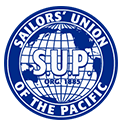Overview


The Sailors' Union of the Pacific is committed to improving, protecting and defending the wages, benefits, working conditions and retirement security of our members. These are not theoretical pursuits: our goals and gains are what we learned and earned from decades of fight, from bargaining, and from the finest kind of professional seamanship.
The origins of the Sailors' Union of the Pacific go back to March 6, 1885, when the Coast Seamen's Union was organized on the San Francisco waterfront by a group of three hundred sailors dissatisfied by the wages and conditions aboard ship that existed at that time. It was so early in the history of American unions, so forward thinking in confidence and competence, that it was also known as the Lookout of the Labor Movement.
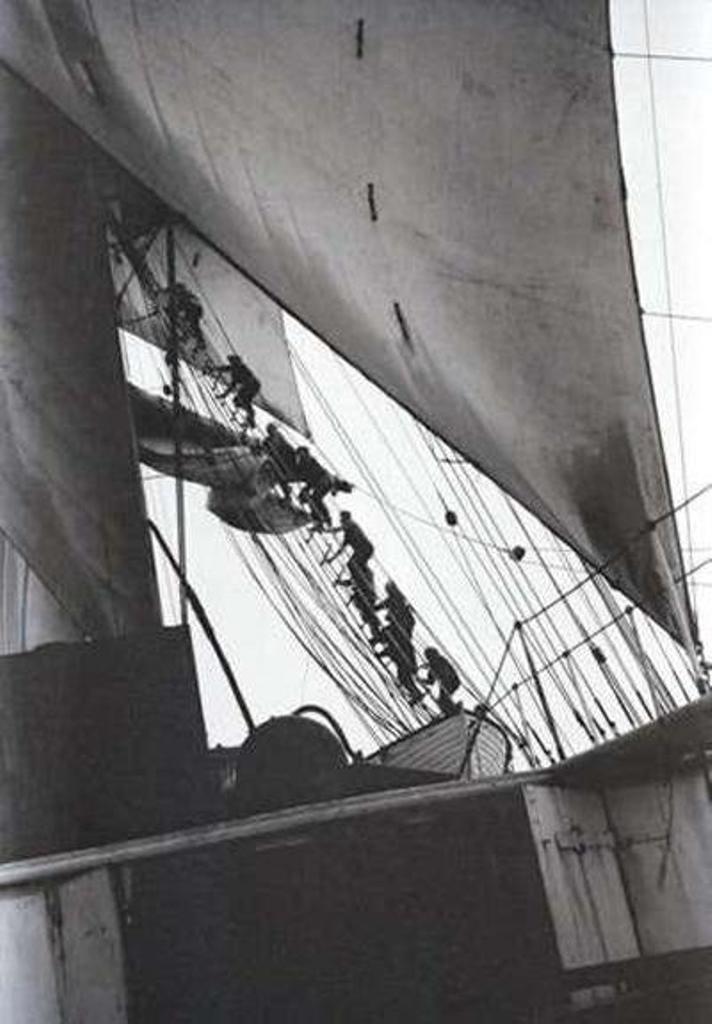
The month of March is the sailors’ month and this year the Union celebrates its 134rd anniversary of its founding at a meeting of sailors at the progenitor of all our Union meetings. It took place on a lumber pile on a wharf at the foot of Folsom Street on San Francisco’s Embarcadero on March 6, 1885.
March is also the birthday month of the two leaders of the SUP, Andrew Furuseth on March 5, 1854 and Harry Lundeberg on March 25, 1901, both luminaries of American labor history. It is also the month of the passage of the Seamen’s Act, signed into law on March 4, 1915 after a 20-year struggle by Furuseth to free seamen from indentured servitude. This year we also celebrate the 100th year of the Merchant Marine Act of 1920, known as the Jones Act. As venerable and long lasting as the Jones Act is, it’s instructive to remember that the SUP was already 35 years old at that point, and had emerged from violent union-busting attacks, conducted several major strikes, coordinated hundreds of smaller job actions all the while successfully organizing dozens of companies and helping to enact three other major pieces of national legislation favorable to the U.S. merchant marine. All that is only part of an astonishing overall record of success, worthy of proud celebration.
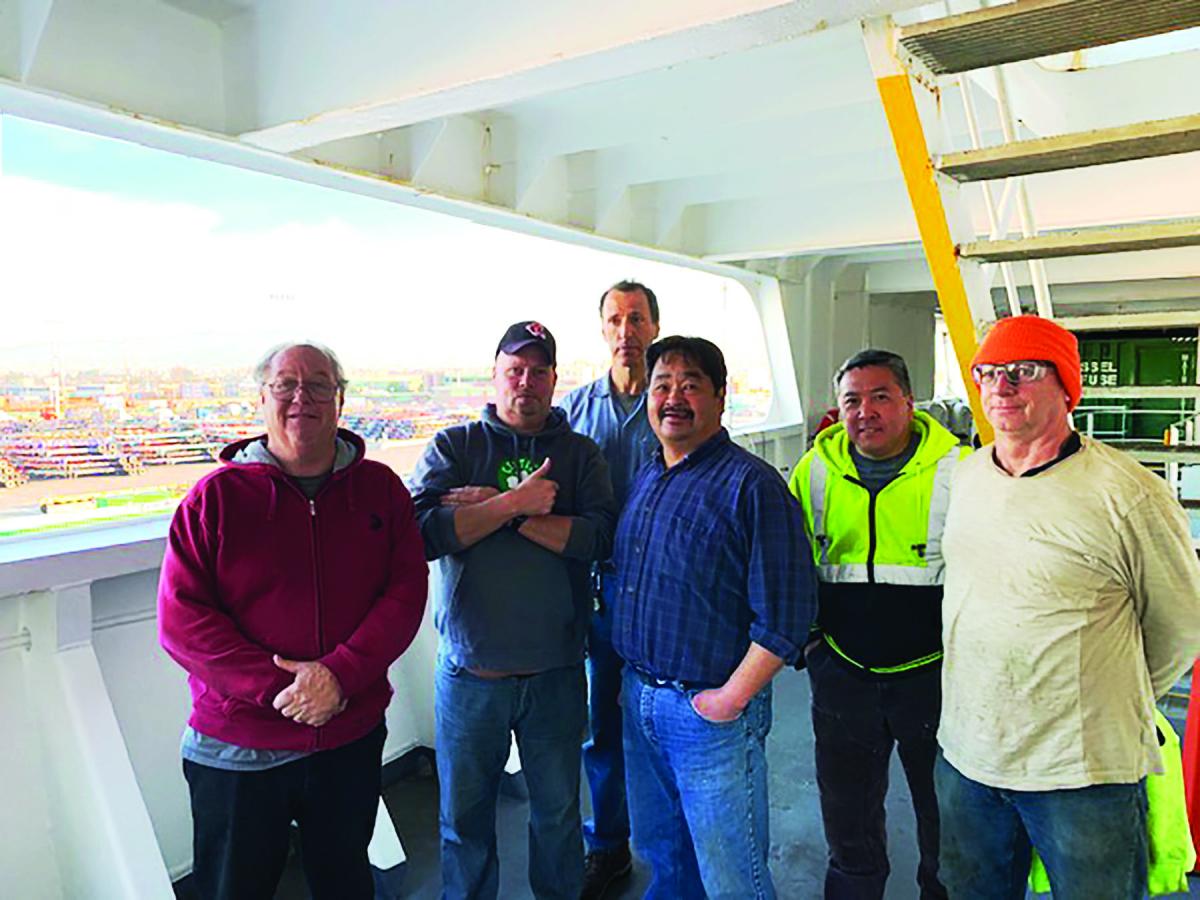
In 1886, the Steamship Sailors' Union was organized and in 1891 merged with the Coast Seamen's Union to form the Sailors' Union of the Pacific.
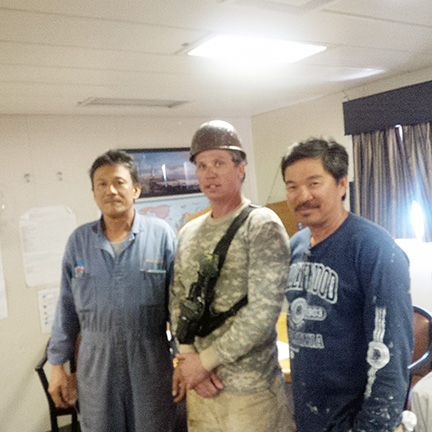
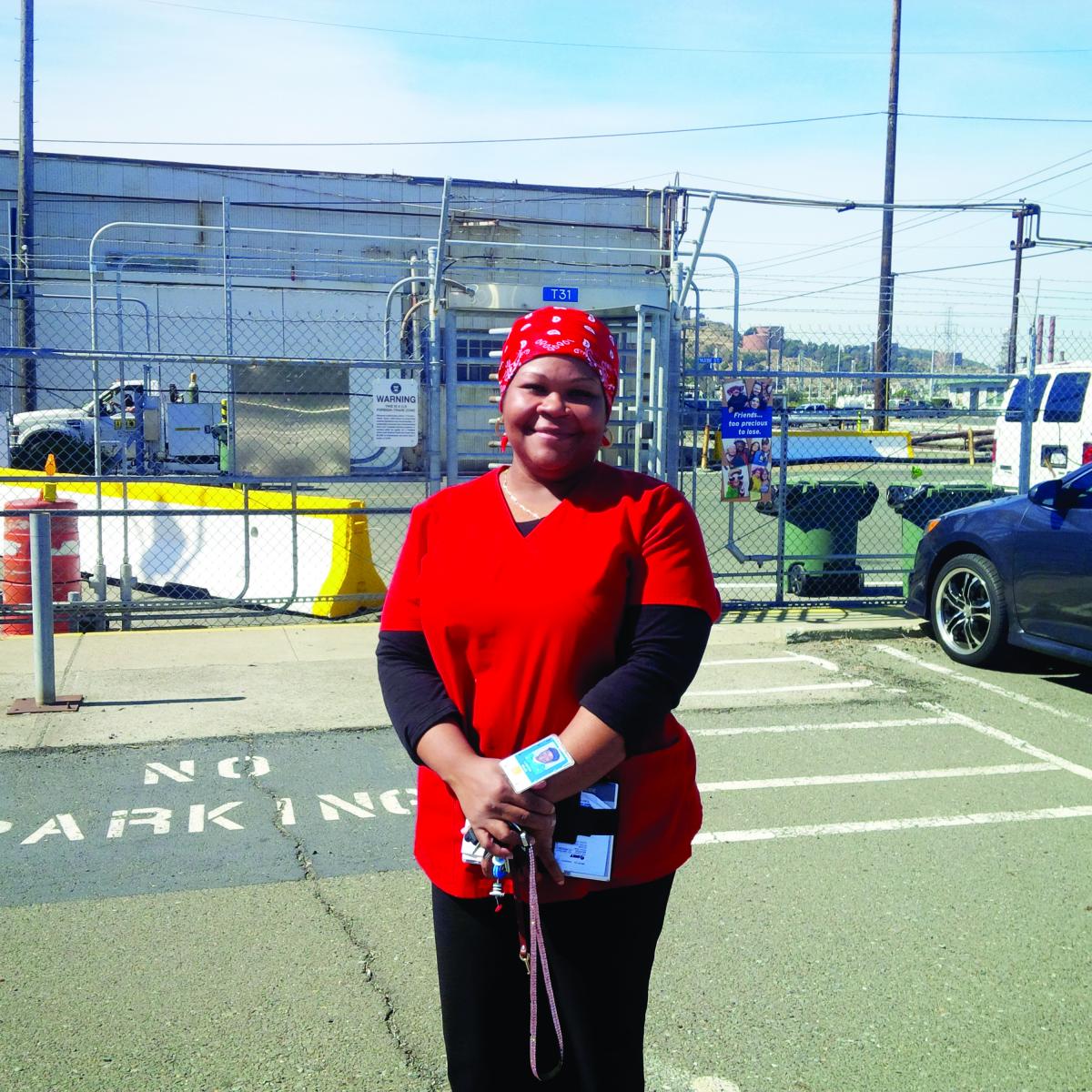
The reasons for that fundamental merger are clearly stated in the preamble to the SUP Constitution: "...having been organized separately... and having thoroughly learned the value of organization, and further, that two organizations of the same craft are not for the best interests of men working at the said craft, we have determined to form one Union..."
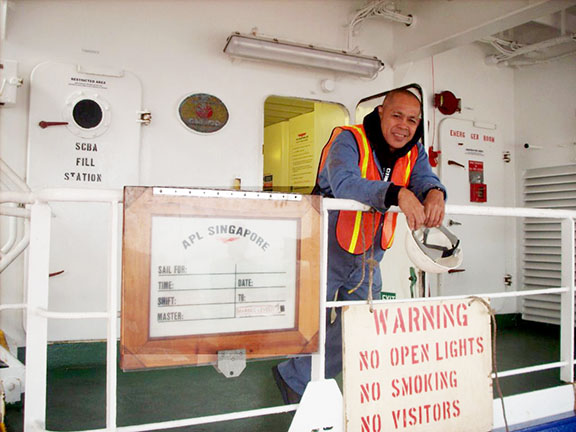

The Sailors' Union of the Pacific has been in continuous operation, through good times and bad, for over 135 years -- making it one of the oldest maritime unions the world has ever known.
Read More
Membership: The SUP is a union of unlicensed sailors that work in the deck, engine, and steward's departments in U.S.-flag merchant ships and other vessels and jobs under contract to the Union. The active and retired members and their families form a long lasting and regenerative community of interest, of purpose, of class and craft, of health and welfare, and of professional tradition within a democratic trade union.
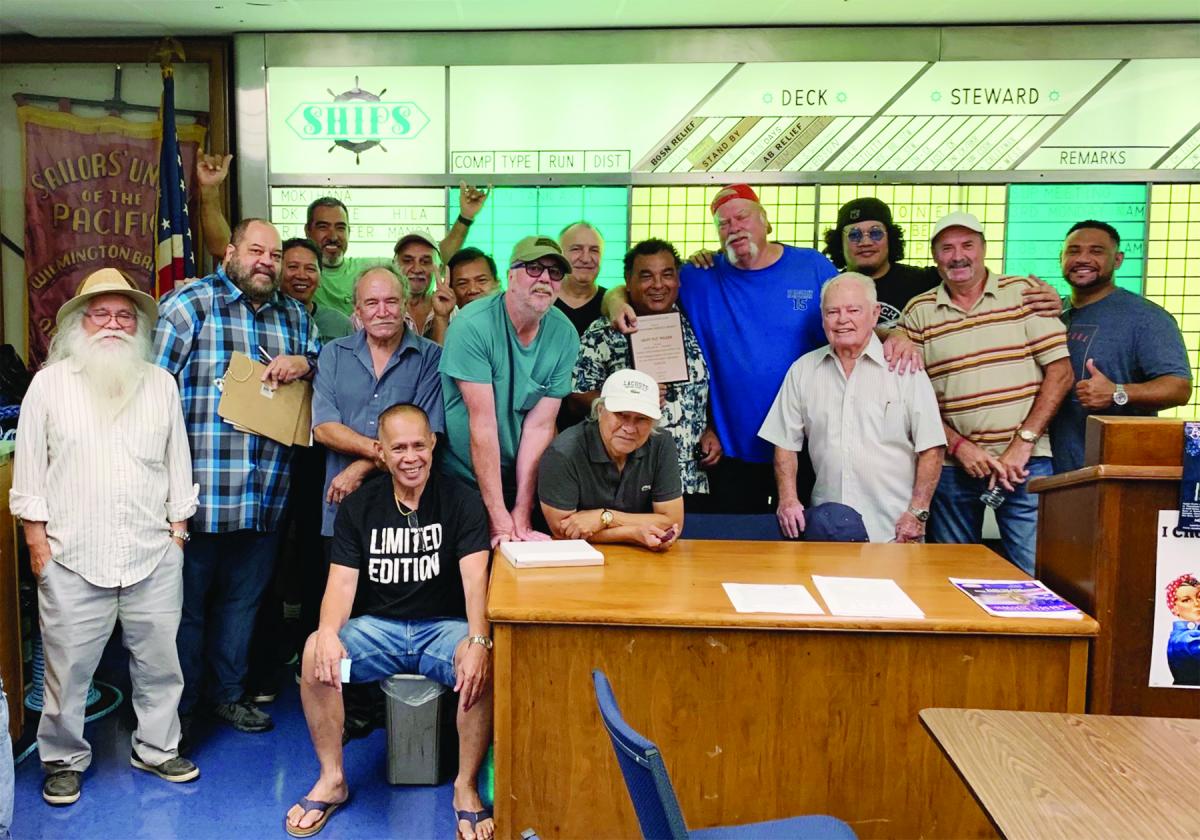
Union Structure: The Headquarters of the SUP is in San Francisco with Branch Offices in Wilmington, California, Seattle, Washington, and Honolulu, Hawaii.
Union meetings are held at Headquarters on the second Monday of every month at 1100 hours and at the Branches on the third Monday of every month at 1100 hours.
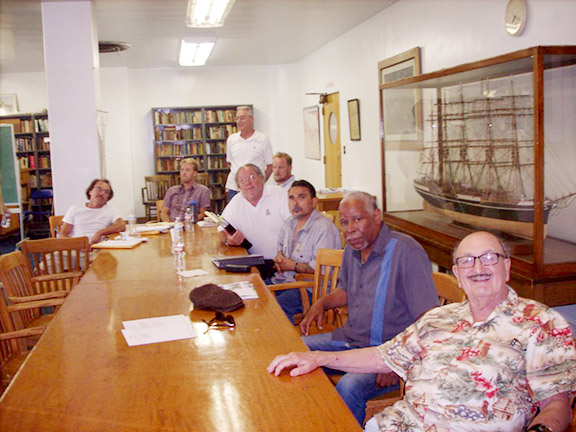
Union officers are elected every three years by secret mail ballot conducted by an impartial balloting agency selected by the membership. The duties of the officers are described in the SUP Constitution.
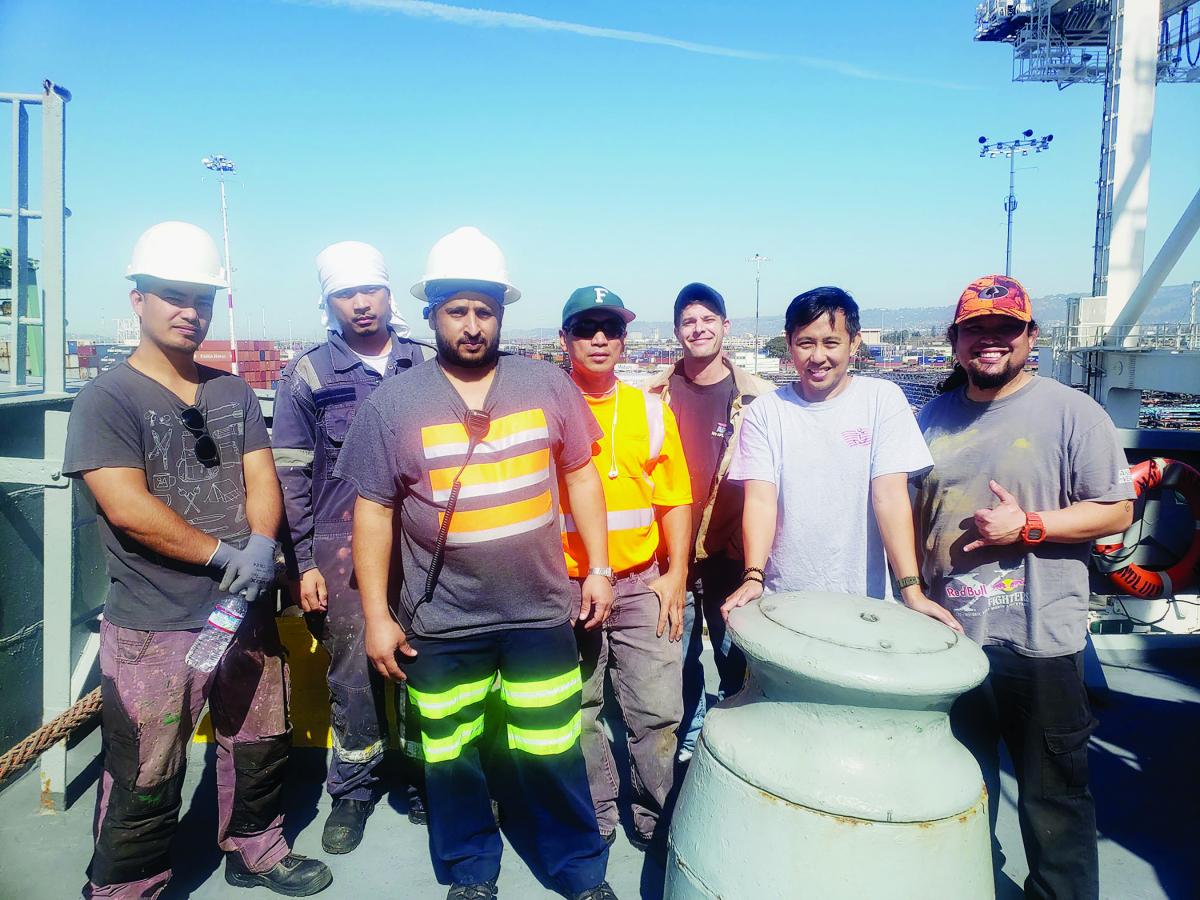
Membership and Seniority: Union membership and seniority are two distinct aspects of the SUP.
Membership: After 30 days employment in an SUP contracted vessel, an individual may apply to join the Union. Upon becoming a member, the individual has a voice in all the affairs of the Union, as well as the right to vote in all Union elections and after a period of time specified in the SUP Constitution, the right to go on the ballot as a candidate for elective union office.
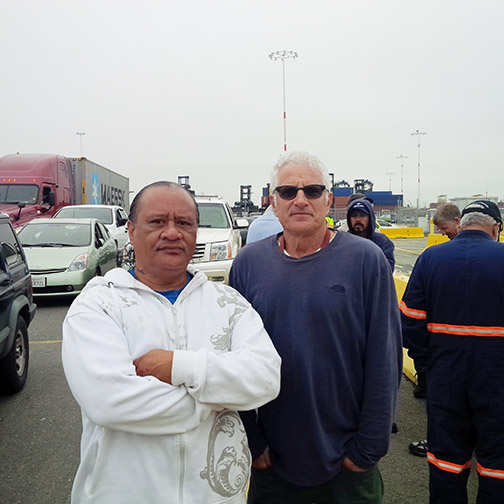
Seniority: Seniority is important when bidding for work in the hiring hall. The system is very simple, basic, and fair: those members who have acquired more sea time in SUP contracted ships, have more seniority, and thus, more preference when bidding for work.
The seniority system is as follows:
- Class "D" Registrant: No seniority 0-30 days SUP covered employment
- Class "C" Seniority: 30-365 days SUP covered employment
- Class "B" Seniority: one year but less than six years SUP covered employment.
- Class "A" Seniority: more than six years SUP covered employment.
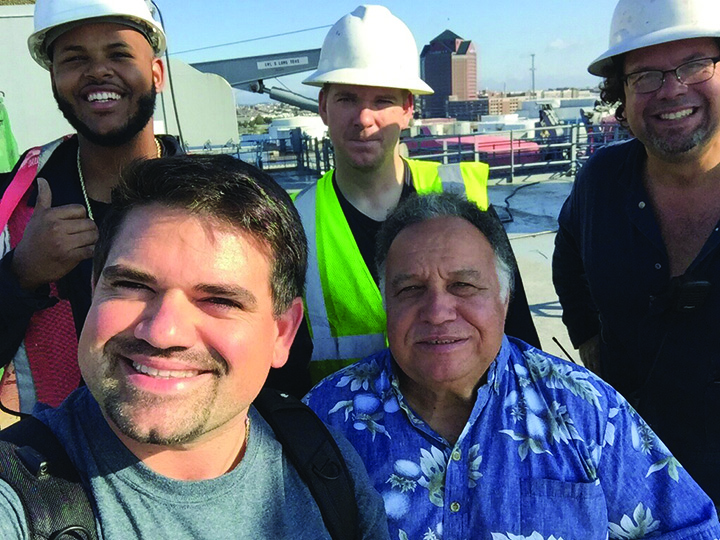
An example of how this works: If a Tankerman-Person-In-Charge job is called into the hall by a company, a qualified member with Class "A" seniority would get the job over a member with Class "B" seniority, etc. If two members with Class "A" seniority bid for the job, the member with the oldest shipping card would get it. Shipping cards or registration is valid for 90 days.
Hiring Hall: Of the many accomplishments of the SUP, the hiring hall stands as a key achievement and is a cornerstone of the Union's operation.
Instead of the employers selecting who they want to hire, the membership itself-again by secret mail ballot referendum-decides how the work is to be rotated. Under this system, the Union itself controls the jobs, not the companies.
However, under the collective bargaining agreements with some companies, notably Chevron, the jobs that are shipped off the hiring hall shipping board are under two categories: relief and steady employment.
But if a member does not care for the job with Chevron and chooses to quit (or gets fired), he or she can go back to the SUP hiring hall and bid for a job on another ship with another company. Vacation and sick reliefs to those companies, as well as extra personnel, are dispatched off the hiring hall shipping board.
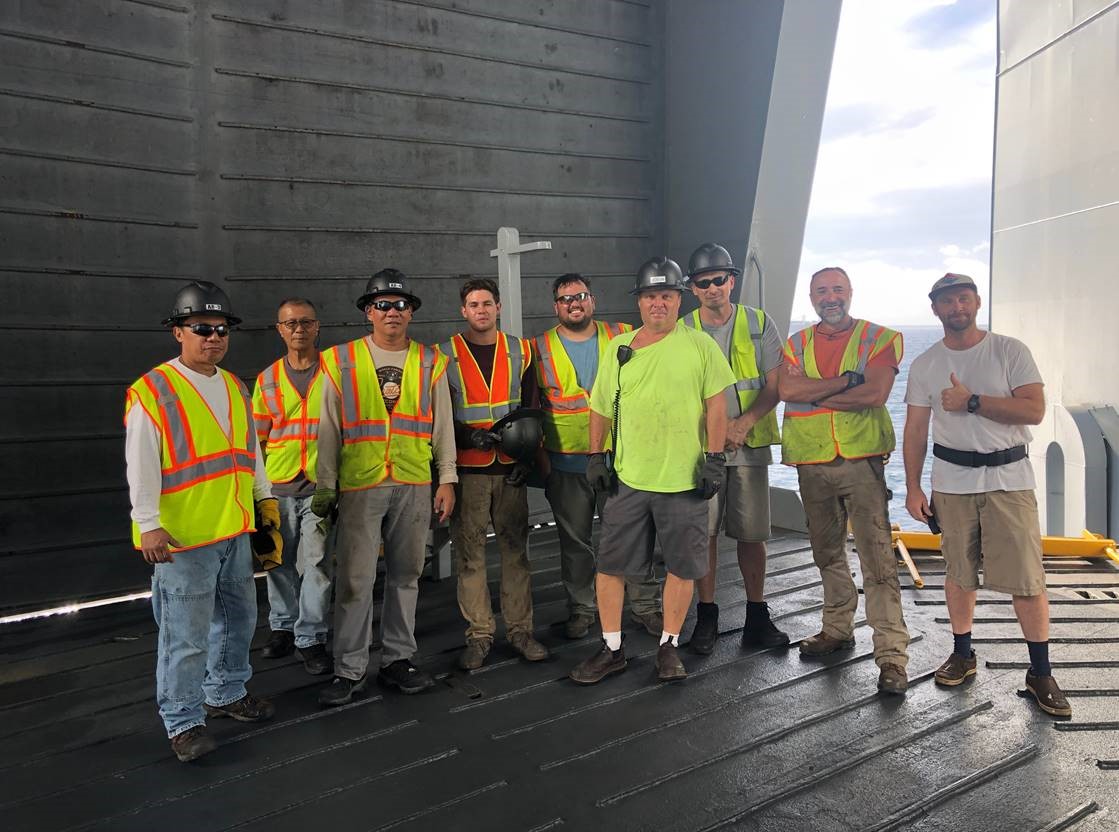
The SUP is financed almost exclusively by membership dues. Other sources of revenue are initiation fees, voluntary contributions to the Union's General Treasury and to the West Coast Sailors newspaper.
The current dues, as determined by secret mail ballot referendum in 2007-2008, is $150 per quarter or $600 per year. No assessments, etc., can be levied without a secret mail ballot vote of the membership.
The officers' wages and benefits are set by secret mail ballot referendum and are paid out of the General Treasury. Under the SUP Constitution any regularly elected officer is not permitted to be paid by an employer. Union support staff are members of Local 3 of the Office and Professional Employees International Union and are also paid out of the treasury of the SUP.
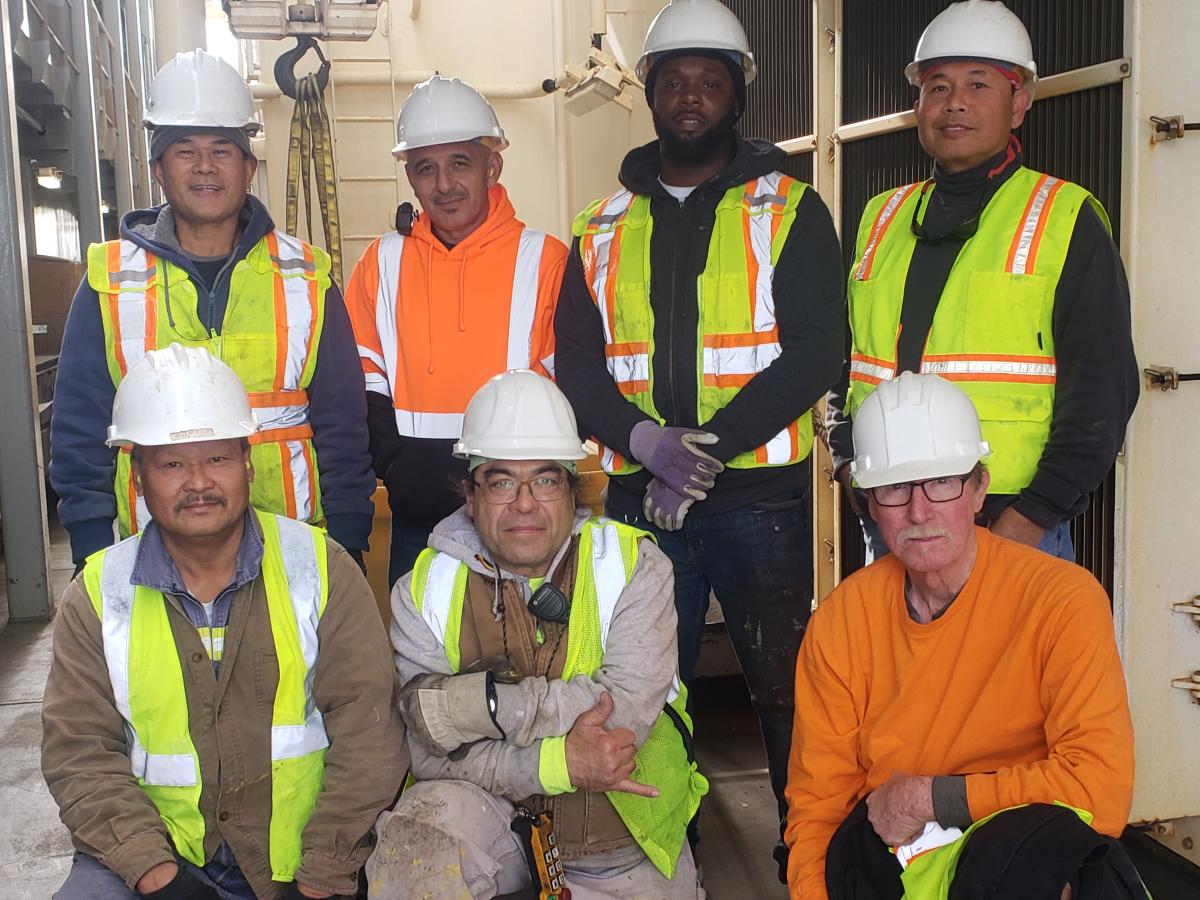
The Sailors' Union of the Pacific is an AFL-CIO autonomous affiliate of the Seafarers' International Union of North America (SIUNA) which was organized by the SUP in 1938. Other autonomous affiliates of the SIUNA, which is the only federation of unions in the AFL-CIO, includes the Marine Firemen's Union and the SIU-Atlantic, Gulf and Inland Waters District.
Autonomy is key to our affiliation with SIUNA. The SUP membership makes all decisions regarding the conduct of our organization including bargaining and contracts. The SUP controls its own destiny.
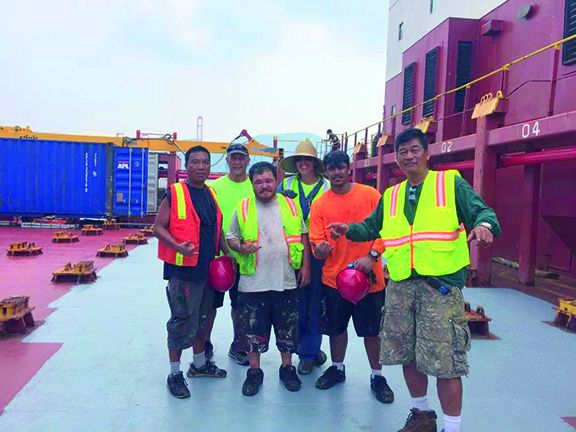
The SUP is also affiliated with the Maritime Trades Department, AFL-CIO, also founded by the SUP; State Federations of Labor in California, Washington State, Hawaii, as well as AFL-CIO Labor Central Councils in many cities in those states.
By participating in these organizations, the SUP acts in concert and solidarity with the rest of the labor movement on issues common to all, ranging from bread and butter issues of wages, hours, and working conditions to those involving social justice.
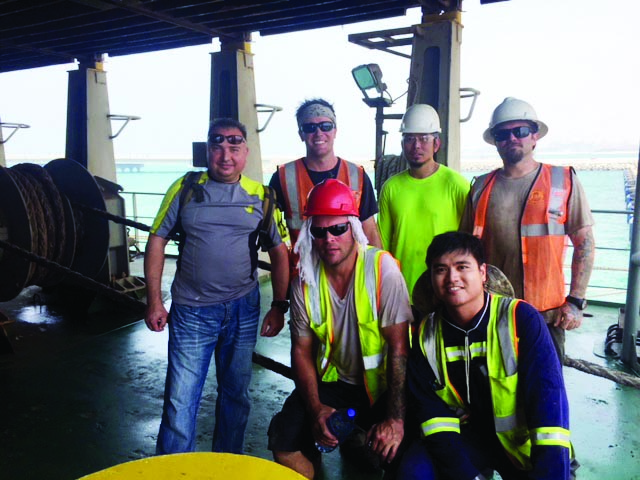
The SUP has been involved since 1885 in various forms of political action. As it states in the SUP Constitution, "To use our influence individually and collectively for.... effecting a change in the maritime law of the United States, so as to render it more equitable and to make it an aid instead of a hindrance to the development of a Merchant Marine and a body of American Seamen."
The SUP was instrumental in the passing of the White Act, The Maguire Act, and the Seamen's Act of 1915. It was an active participant in passing various U.S. cargo preference laws and the Maritime Security Act of 1997. The SUP remains at the forefront on the West Coast in defending America's cabotage laws which our livelihoods are dependent upon-the Passenger Services Act and the Merchant Marine Act of 1920 (the Jones Act).
In addition to lobbying actively in Washington, D.C., and with state legislatures, the SUP also maintains a Sailors' Political Fund which, funded solely by voluntary contributions from the membership, donates money to pro-maritime members of Congress and other key politicians that can and do assist our organization and its members.
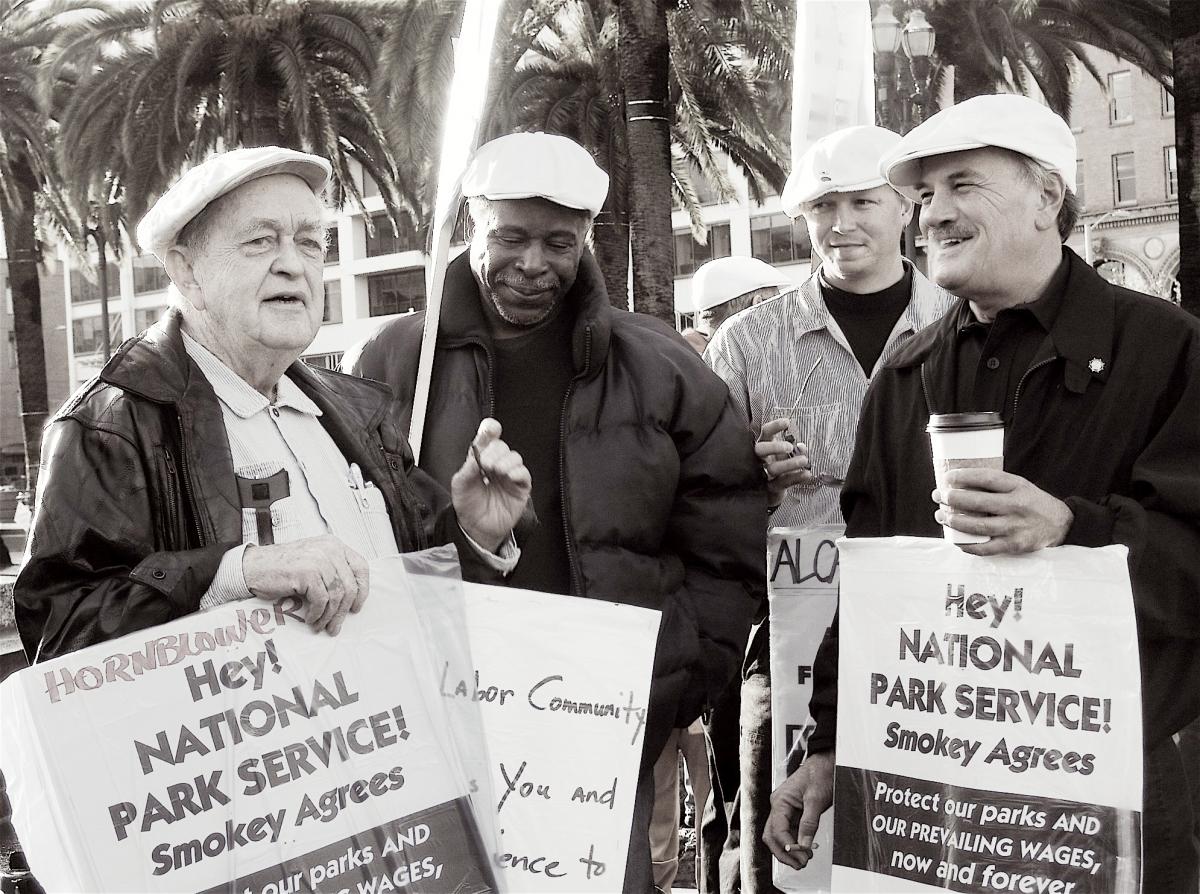
The SUP has collective bargaining agreements with the following companies:
- American President Lines (Unlicensed Deck Department)
- Patriot Contract Services (Unlicensed Deck Department)
- Chevron Shipping Company (Unlicensed Deck, Engine, and Stewards Department)
- Foss Maritime Company San Francisco Bay (Unlicensed Deck and Engine Departments)
- Matson Navigation Company (Unlicensed Deck Department)
- San Francisco Bar Pilots (Unlicensed and Licensed Deck Departments, Steward's Department and Dispatchers)
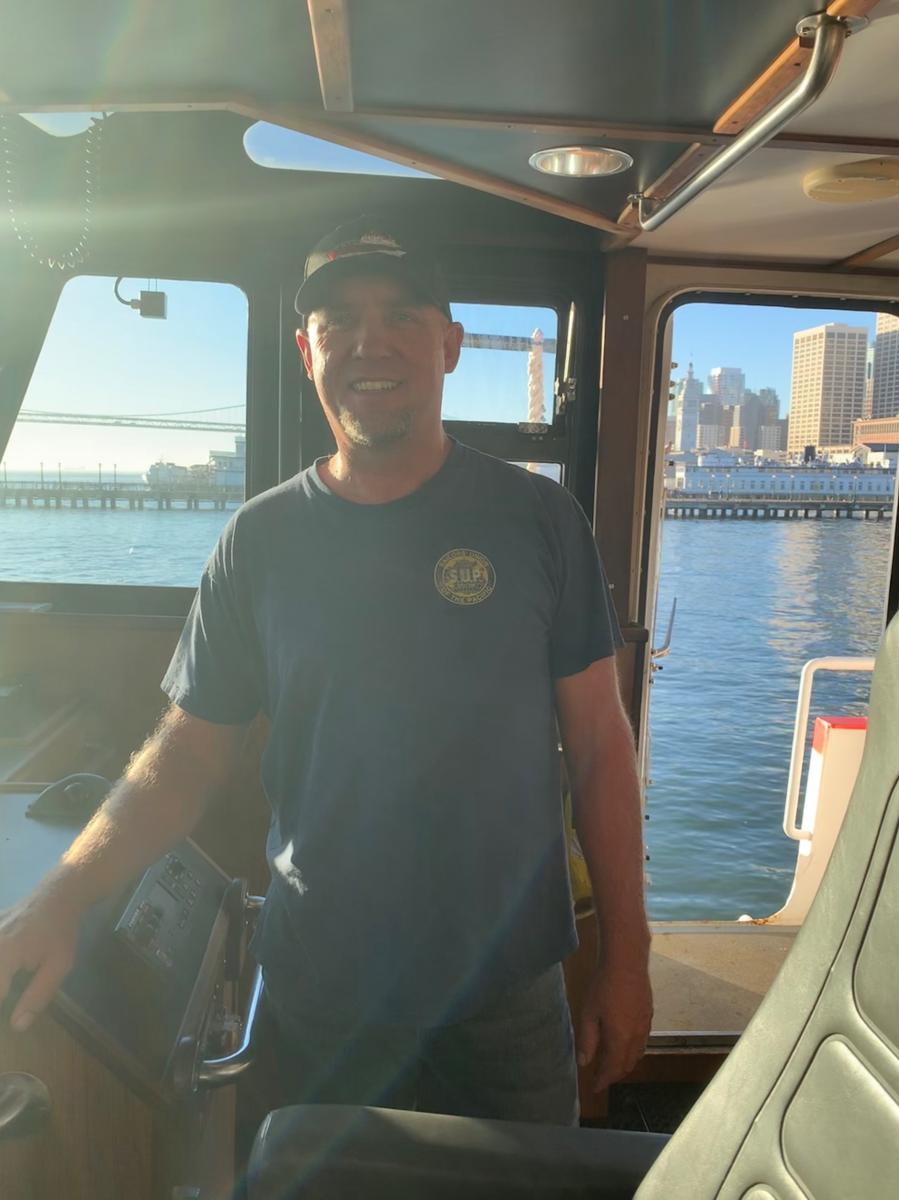
All SUP collective bargaining agreements are negotiated by rank-and-file committees, which include members who have current or recent employment experience with the specific company in question. These committees are elected by the membership.
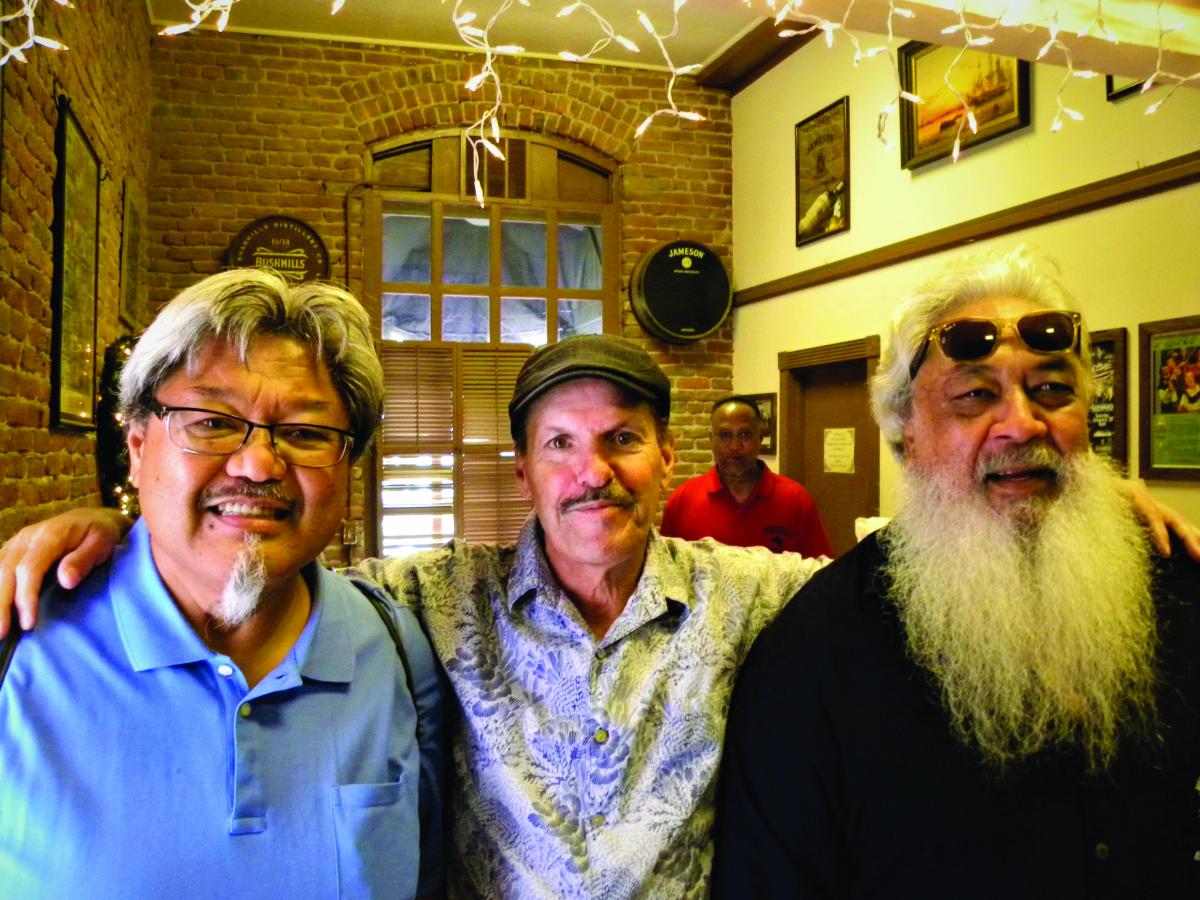
For example: When it is time to negotiate with Chevron Shipping, only those employed by Chevron are eligible to serve on the rank-and-file negotiating committee.
During the bargaining process, the membership is kept apprised of the progress of the negotiations through the Union's newspaper, the West Coast Sailors or through bulletins sent directly to company vessels. In addition, the full resources of the Union are employed during negotiations, including the hiring of outside experts if necessary. Also because of our ties to the labor movement, we can call on that movement for assistance and support.
Before an agreement is ratified, the contract is discussed and debated thoroughly at Union meetings aboard ship and at the regular monthly union meetings ashore. When those members are employed by a specific employer on a steady basis-Chevron, again for example-those members are polled as to their sentiments before a vote is taken by the membership at the monthly union meetings. No collective bargaining agreement is referred to the general membership if those working under the agreement are not satisfied. The entire membership attending the coastwise meetings then votes on all contracts, as all members, if they are qualified, are eligible for all jobs under our hiring hall system.
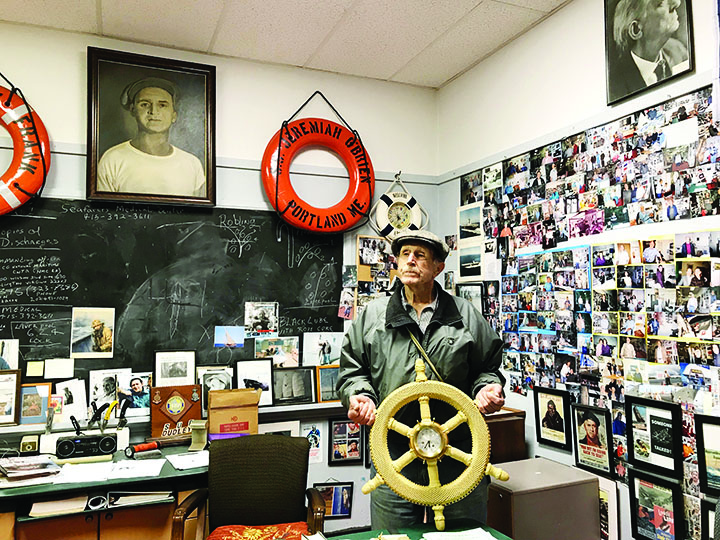
Located at SUP Headquarters in San Francisco, the school provides marlinspike training. In conjunction with Training Resources Limited, the School also trains sailors at our San Diego facility for a variety of endorsements and skills required by contracted companies.
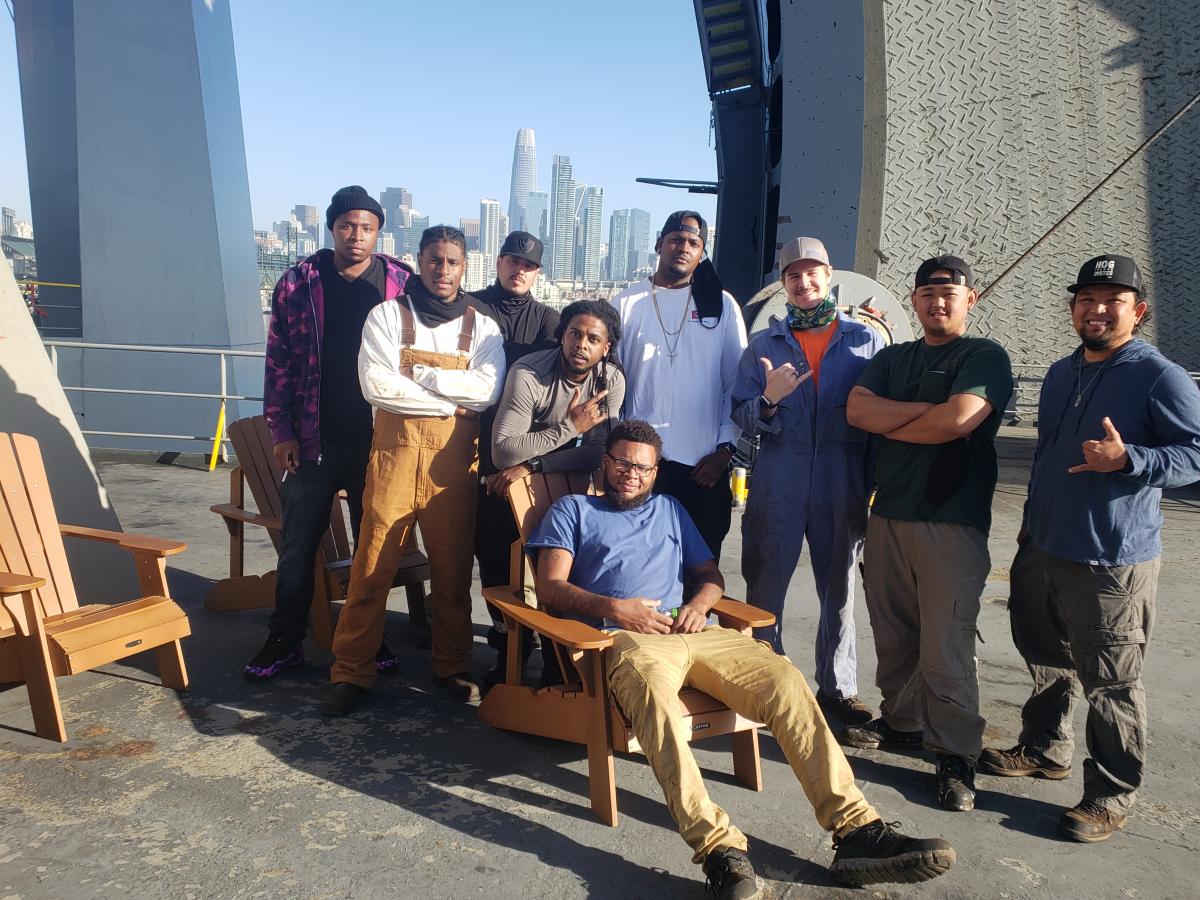
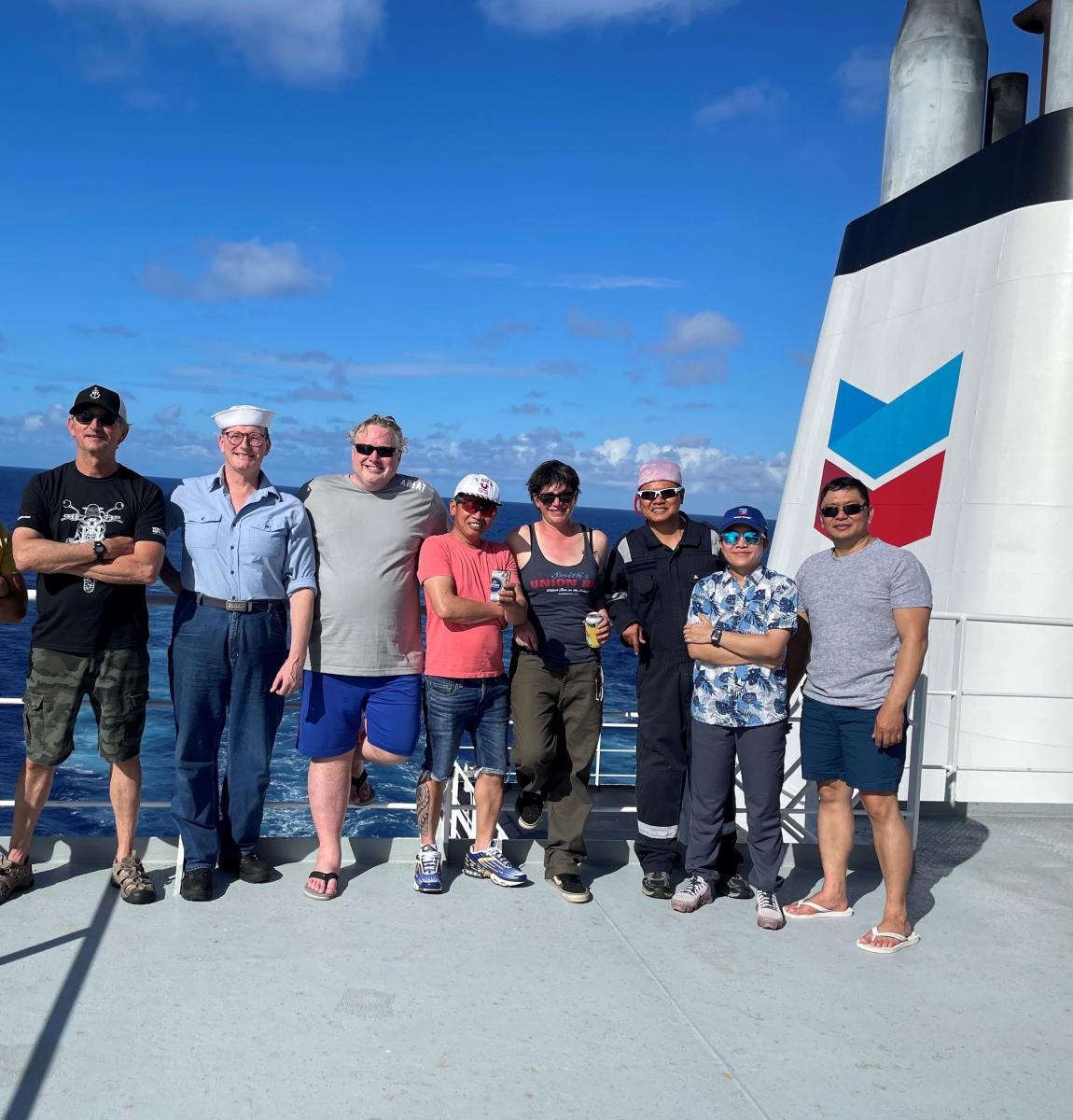
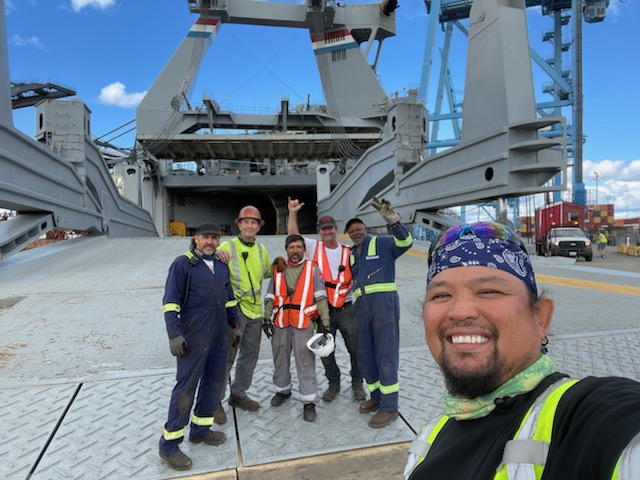
Commemorating Juneteenth
The U.S. Congress recently declared Juneteenth a national holiday, and President Biden signed it into law on June 17, 2021. Now June 19 will take its place among the other federal holidays such as Labor Day and the Fourth of July as one of the most momentous events in our history. The day has already been celebrated by millions, particularly Black Americans, for more than 156 years. "Great nations don’t ignore their most painful moments … they embrace them. Great nations don’t walk away, they come to terms with the mistakes they’ve made. In remembering those moments, we begin to heal and grow stronger," Biden said. It is a day of celebration but also a reminder of resilience and perserverence. Making Juneteenth a national holiday does not repair the generations of cruelty, the legacy of slavery, or the ongoing injustice of inequality, but is part of the national reckoning, and it now will be recognized as a paid holiday in the SUP contract with Matson starting on June 19, 2022.
President Biden Issues Proclamation on National Maritime Day, 2021
"We must protect those who protect our country..."
"Since the first days of our Republic, America has been a proud maritime Nation. To this day, the United States Merchant Marine is a pillar of our country’s prosperity, playing a vital role in the maintenance of our economic and national security. Through every period of peace and war, our merchant mariners have been dedicated to protecting our freedom and promoting commerce. On National Maritime Day, we honor the steadfast commitment and sacrifices of the men and women who serve in the United States Merchant Marine, and recognize their essential role in safeguarding and strengthening our Nation. For the full proclamation see the link below:
Proclamation on National Maritime Day, 2021
House Lawmakers Call for Sealift Strategy -- House lawmakers are calling on U.S. Transportation Command and the U.S. Maritime Administration to create a sealift strategy amid decades of concerns over the capacity of the sealift fleet.
During a joint hearing between the House Armed Services Committee’s seapower and projection forces subcommittee and readiness subcommittee on May 18 called for a cohesive strategy to build up the sealift fleet. HASC readiness subcommittee chair Rep. John Garamendi (D-Calif.) said that a "comprehensive strategy" was necessary. Garamendi pointed to several components contributing to a strategy – the tanker security program Congress created, recent legislation mandating the U.S. military transport its cargo with U.S. planes and ships, and MARAD’s construction of National Security Multi-Mission Vessels – but said an overarching strategy is necessary. While Congress in the Fiscal Year 2021 policy bill authorized the Navy to purchase two used sealift vessels and in the FY 2021 appropriations bill allotted $60 million for those ships, the service has yet to get them on contract. Committee members also expressed concern over the recent decrease to the Ready Reserve Force, which went down to 41 ships from 46.
Pipeline Ransomware Attack Causes Fuel Shortages, Jones Act Waiver -- A shadowy criminal group of hackers attacked a major U.S. pipeline operator forcing a shutdown and fuel shortages along the U.S. East Coast. Panic buying and hoarding compounded supply disruptions, and the U.S. Department of Homeland Security ultimately granted a "temporary and targeted" waiver of the Jones Act, to mitigate the impact. The SUP and other maritime unions, noting that the law has faithfully served the nation's economic security for more than 100 years, called into question the necessity of the waiver. Jones Act tankers that were laid up on the East Coast appeared to escape the government's availability survey, and Unions promised to press for a full and detailed Congressional review of the emergency. For more see the May edition of the West Coast Sailors.
Vaccine Update: May 2021: The SUP and the MFOW will be holding a trial vaccination clinic in our hall in San Francisco. The vaccine that is available is the JNJ "one-shot" vaccine. It is being administered in coordination with a licensed health provider and vaccine clinician, Offshore Maritime, Limited, in coordination with Matson Navigation Co. The San Francisco clinic is scheduled for the noon at 450 Harrison St on May 14, 2021. Interested members who are crew, potential crew, or standby for Matson should contact SUP agents to register. Registration is simple but necessary. If enough members register in Los Angeles our hall in Wilmington will hold a clinic on Monday, May 17.
American Rescue Plan -- When Congress passed the American Rescue Plan there were many new and exisitng benefits that became available or were expanded. There is a quick summary on the benefits and how to access them on the SUP Welfare Plan page of this site at SUP Welfare Plan or here's the same file in pdf. ARP One Page Description.
Matson Agreement Ratified
July 2021 -- The SUP membership voted overwhelmingly to accept the recommendation of the SUP Negotiating Committee and ratified the new agreement with Matson Navigation Company. The five-year, concession-free deal is a milestone in the steady emergence of the Union from the many hardships of the pandemic. It includes upgrades in wages and conditions, improvements and maintenance of benefits, and builds job security. Much more detail is available in the President's Report and the West Coast Sailors.
Pension Increase
Related to a recent trust meeting and part of the negotiating process with participating employers, the Union pension payout was recently increased by the Union to $55.00 per month to a maximum benefit of $2520.00. September checks will contain the full increase retroactive to July 1, 2021. There is also a 2% increase for existing pensioners. All other health and welfare benefits for active members and their dependents, as well as pensioners, were maintained. More to come including the full proration schedule in the July edition of the West Coast Sailors.
Celebrating July 4th, 1776 -- Independence Day
By the time of the Declaration of Independence in 1776, the United States Merchant Marine had already seen action. In 1775 the Continental Congress and the various colonies issued "Letters of Marque" to privately owned, armed merchant ships known as privateers, which were outfitted as warships to fight the enemy. Merchant seamen aboard those sailing ships interrupted the British supply chains all along the eastern seaboard of the United States and across the Atlantic Ocean. Predating the United States Coast Guard (1790), the United States Navy (1797) and even the first Congress of the United States (1789), the sailors of the U.S. Merchant Marine risked everything to establish and protect our fledgling maritime nation. Since then they have only confirmed that dedication, participating in every war, conflict and emergency, routinely making the supreme sacrifice in service to the nation. On July 4th, the Sailors' Union of the Pacific continues to recognizes that responsibility and honor that tradition.
SUP Negotiating Committee Reaches Tentative Agreement
The SUP Negotiating Committee reached a tentative agreement with Matson Navigation Co. in late June. With steady wage increases, maintenance of benefits, and new job security, the Committee said the five year deal represents a step forward for the Union. The concession-free terms come with separate increases for both existing and future pensioners, a new holiday, as well as a restriction to ship settlement that partially addresses the hardship of the pandemic. There were many other details and full report is coming in membership communications and the July issue of West Coast Sailors.
Vaccine Status:
CDC ISSUES POST-VACCINATION GUIDANCE: The good news is that the vaccines are very effective against the virus, especially against severe illness and death. Keeping in mind the definition of fully vaccinated (two weeks from second dose), the CDC has issued post-vaccination guidance for the fully vaccinated at When You’ve Been Fully Vaccinated | CDC. For a deeper discussion of the science and background of the CDC guidance see the Science Brief: Background Rationale and Evidence for Public Health Recommendations for Fully Vaccinated People. There is still considerable risk and uncertainty, however, especially as it concerns the variants of the coronavirus. Early evidence shows that the vaccine is effective against some but not other variants. It is clear that other prevention steps help stop the spread of COVID-19, and that these steps are still important, even as vaccines are being distributed. The vaccines also appear to slow the spread of the disease, but there is much more study necessary on that. It is not yet definitively known how long COVID-19 vaccine protection lasts.
